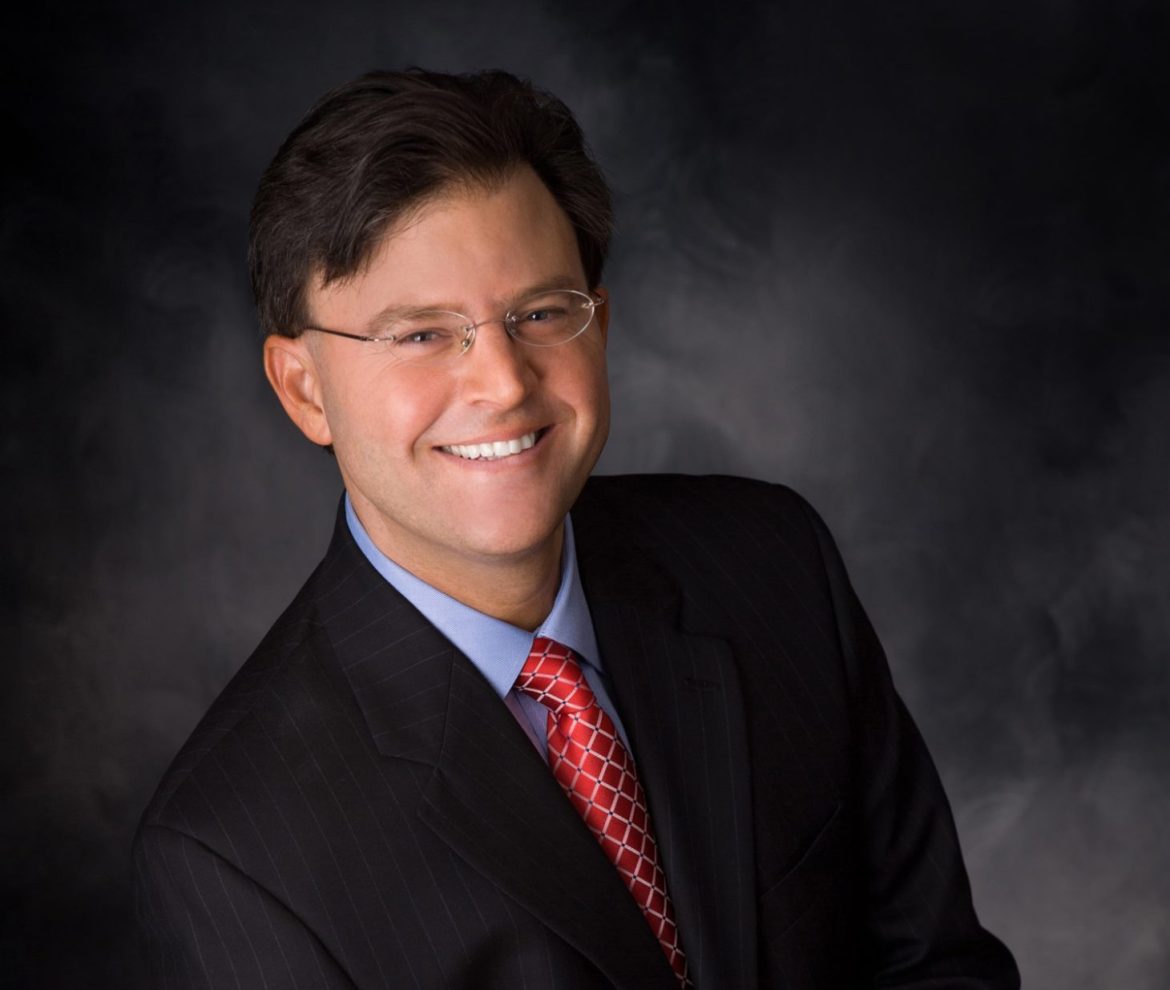It is interesting when cases of this kind come before the U.S. Supreme Court. This case involves the collision of free exercise of religion and the prohibition of government establishment of religion. The case I am referring to is Oklahoma Statewide Charter School Board v. Drummond. I think it will become a landmark case.
Firstly, the friction that perpetually exists between the two religion clauses in the First Amendment is to be expected. On the one hand, we have our cherished right to religious liberty and the free exercise of religion. On the other, how far does our right to free exercise extend before it collides with the prohibition of government establishment or advancement of a particular religion?
Second, previous U.S. Supreme Court cases involving the public funding of religious activity were based on a tedious and complicated legal framework. However, I am delighted to share that, in 2022, in the Supreme Court case of Kennedy v. Bremerton School District, the Court broadly abandoned that analysis. Instead, the Court held that Establishment Clause challenges should be evaluated by lower courts by referencing America’s “historical practices and understandings,” looking to “original meaning and history.”
That is completely in keeping with the view of Thomas Jefferson who’s “wall of separation between church and state” was designed to protect religious freedom from government. Jefferson believed the federal government should never intrude upon or restrict the activities or beliefs of the faithful, or provide any special favors to any particular sect. Thus, no religion would be favored or disfavored. All religions would have an equal opportunity to flourish in the public square.
Jefferson, an enlightened Deist, also believed that no nation could be governed without religion, and he believed as most of the Founding fathers did that ‘Religious belief –’freely chosen and given wide public space–nurtured morality and thus supported a free society.’
Now to this case.
This Oklahoma Statewide Charter case concerns St. Isidore, an online school proposed by two Catholic dioceses in Oklahoma. The issue before the U.S. Supreme Court is this: does a church have a First Amendment right to open a taxpayer funded charter school?
The current Supreme Court has been receptive to free exercise of religion and those precedents include the Trinity Lutheran case (2017) wherein the Court held that the state of Missouri could not deny grant money for playground resurfacing to a church-run preschool. In the Espinoza (2020) and Carson cases (2022) the Court held that families given state money to attend private schools may pick religious schools.
Chief Justice John Roberts wrote in Carson that “we have repeatedly held that a State violates the Free Exercise Clause when it excludes religious observers from otherwise available public benefits.” The issue here is whether this principle also applies to an entity seeking direct taxpayer funding to run a religious charter under a state contract.
St. Isidore describes itself as a private nonprofit but argues that no students will be forced to attend St. Isidore and public funding for it would be based upon enrollment—the dollars would follow the student. St. Isidore also argues that while it is a private contractor, it will nevertheless comply with the requirements of the state charter school law and, like regular public schools, will be free of charge and accept students regardless of their faith.
The Wall Street Journal characterizes St. Isidore’s argument in this way: “the real First Amendment violation is excluding the faithful: Oklahoma’s charter options include schools ‘focused on science, engineering, math, fine arts, language immersion, tribal identity, and more’ but the state has forbidden one type of private entity—religious institutions—from participating.” (WSJ, 4-28-25).
That’s right, of course. What the Framers of our Constitution were concerned about was the establishment of a state religion of the kind they fled when the Pilgrims came to America in the first place. That is also why the Framers would not recognize the hostility to religion that is so common in America today.
The Supreme Court should rule that a church has as much of a First Amendment right to open a taxpayer funded charter school as any other entity. Based upon the Court’s new legal standard of looking to “historical practices and understandings” and “original meaning and history,” (i.e. Thomas Jefferson) allowing public dollars to flow to charter schools that are privately run and freely chosen cannot fairly be construed to constitute an establishment of religion.
Shreveport attorney, Royal Alexander, worked in D.C. in the U.S. House of Representatives for nearly 8 years for two different Members of Congress from Louisiana.




